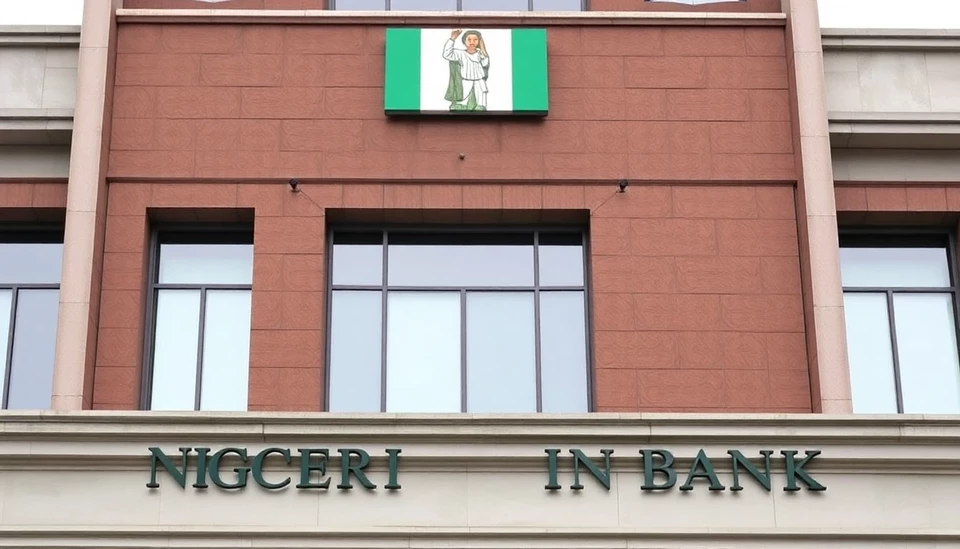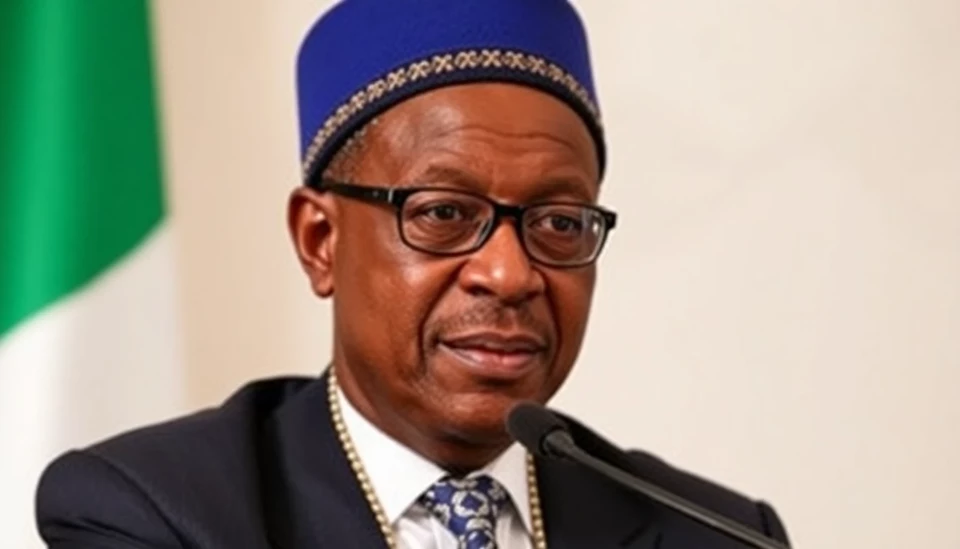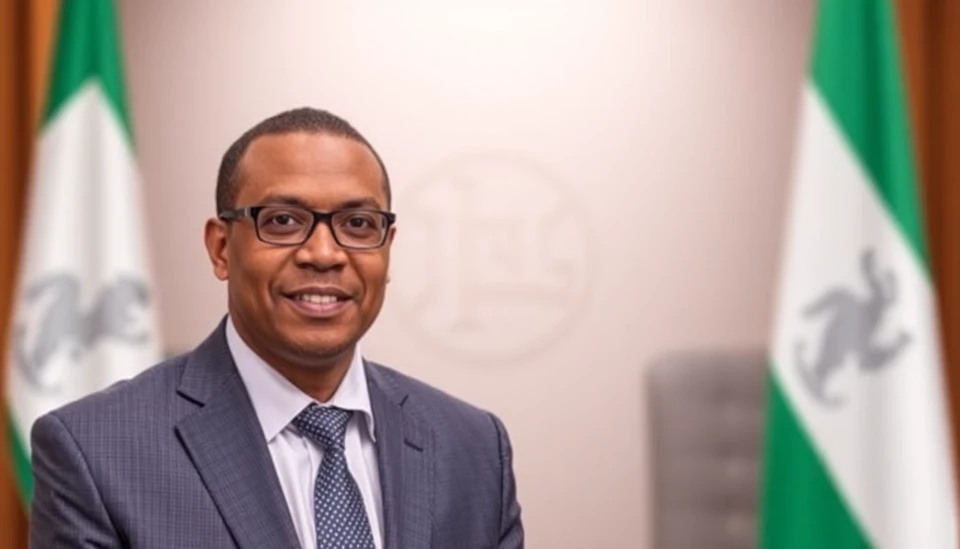
In a surprising shift of monetary policy, Nigeria's central bank has signaled a halt to its aggressive campaign of interest rate hikes aimed at addressing soaring inflation and stabilizing the economy. This decision comes amidst a backdrop of economic turbulence and immediately raises questions about the potential implications for growth and inflation moving forward.
The Central Bank of Nigeria (CBN) has been on a rate-tightening path since May 2022, driven by the need to combat persistent inflation that escalated to levels unseen for many years. Just last January, the central bank raised the benchmark interest rate to 18.75%, a record high for the country. This aggressive strategy was intended to rein in inflation, which reached 21.34% in December, driven largely by escalating food prices and currency pressures.
Analysts had widely anticipated further rate hikes in the coming months. However, recent assessments indicate that the CBN is reassessing its strategy in light of evolving economic data and pressures. The decision to pause rate increases signifies a balancing act for the central bank as it attempts to foster growth while managing inflation effectively.
Economic indicators reflect a case for caution. The Nigerian economy has shown signs of recovery; however, growth remains fragile, with the International Monetary Fund projected growth rates of about 3.2% in 2023. Analysts underscore that sustained high rates risk choking off economic activity and could deter investment at a crucial time for recovery post-pandemic.
Furthermore, external pressures are complicating the economic landscape. The dollar-Naira exchange rate has remained volatile, prompting concerns over foreign investment in Nigeria. Stakeholders are keenly aware that the stability of the Naira is critical to encouraging local manufacturing and maintaining investor confidence.
The central bank’s decision to pause rather than proceed with anticipated rate hikes is viewed as a strategic deliberation rather than an abandonment of its inflation control mandate. Analysts suggest that a monitoring period could enable officials to better gauge the impact of previous rate hikes and broader economic conditions.
As Nigeria navigates this complex economic terrain, all eyes will be on the CBN’s next moves, including its communications regarding inflation targets and economic forecasts. The upcoming monetary policy meeting will likely provide further clarity on the central bank’s objectives and strategies moving forward.
The pause in interest rate hikes could serve as a double-edged sword; if handled improperly, it could lead to renewed inflationary pressures. Conversely, restraint could stimulate much-needed economic growth, fostering a conducive environment for investment and job creation in the beleaguered Nigerian economy.
Observers will continue to scrutinize the outcomes of the CBN's decisions, as they hold significant implications not only domestically but also for the broader economic landscape in Africa.
As we move into the next quarter, the central bank's handling of this pivotal moment will play a critical role in shaping Nigeria's economic future.
#Nigeria #CentralBank #InterestRates #EconomicPolicy #Inflation #MonetaryPolicy #Naira #InvestmentOpportunity #EconomicGrowth
Author: Rachel Greene




